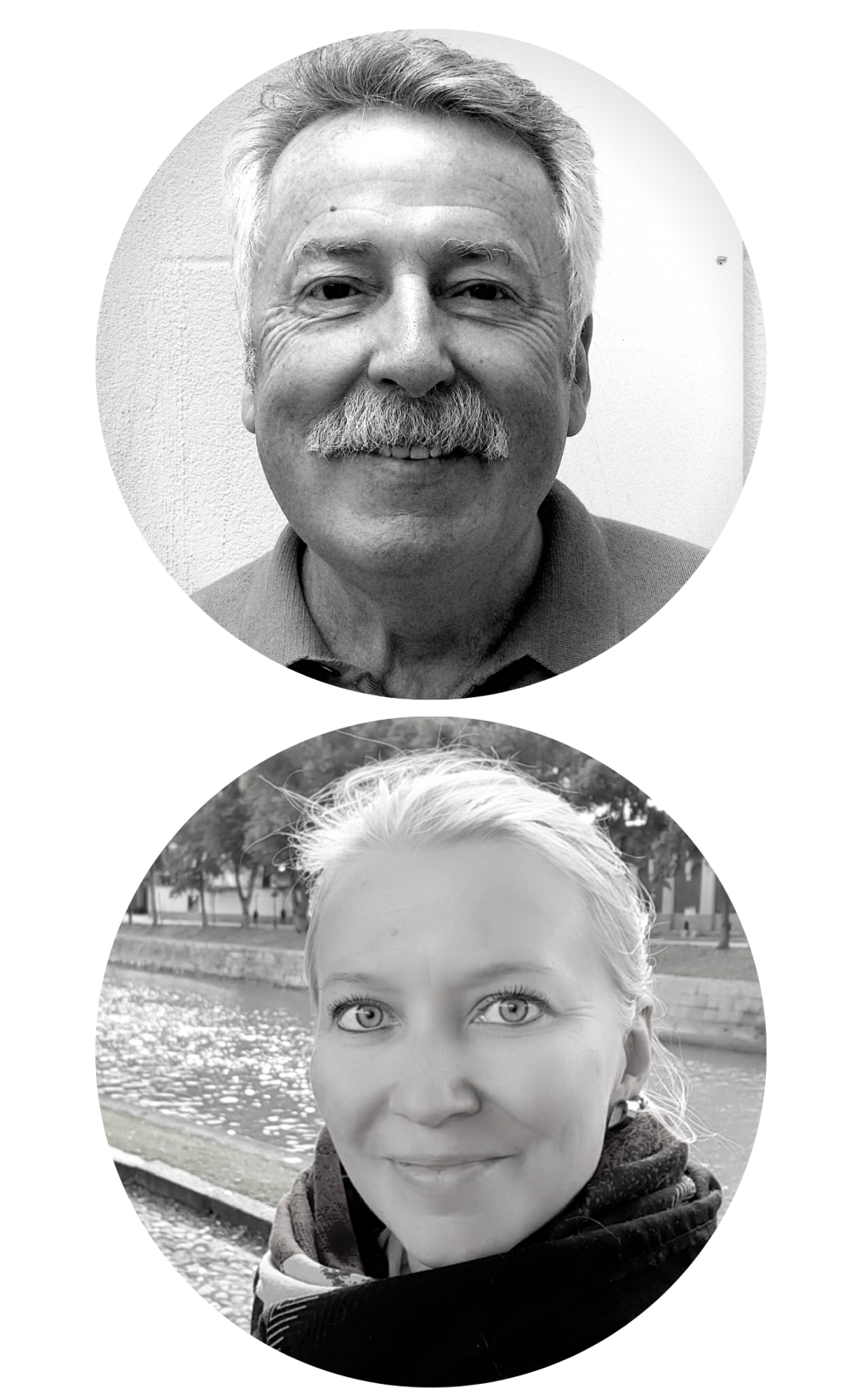
This course is part of the 2023 EFRJ Winter Academy (30 January - 3 February 2023, Leuven, Belgium). Read more about the event and register »

This course is part of the 2023 EFRJ Winter Academy (30 January - 3 February 2023, Leuven, Belgium). Read more about the event and register »
This is a course designed to prepare practitioners to work restoratively in sensitive and complex cases of domestic abuse. It is recommended for those who have already participated in general training in restorative justice practices. It aims to put the victim front and centre of the restorative process. It is informed by research and practice in the experience of victims of participating in restorative justice. It reflects a deep respect for the authority of people’s lived experience and their narratives. The practice is based upon listening to people’s stories, understanding what matters to them and engaging in respectful and honest dialogue. The process is not prescribed or scripted. It is value-led, evidence-based and co-designed with the participants. It includes a restorative, contextual and participative approach to assessing risk and designing a safe process which addresses what matters. The practice skills are informed by an understanding of trauma and of relations of power between victims and perpetrators and of the amazing capacity of every human being.
The course has two modules. The first module is organised online prior to the Winter Academy. It focuses on understanding the domestic abuse, its complexity, systemic context and traumatic impact. The second module will be covered during the Winter Academy, when we will focus on the practice, how to co-design and carry out a safe process together with parties.
Module 1 includes two online webinars designed to address the ethical and conceptual sensitivities of restorative justice in cases of domestic abuse. Those who are enrolled for the Winter Academy can attend these two webinars for free. If they cannot do so, they are expected to read the learning materials before the Academy begins. The materials will be provided in January 2023.
Sesssions 1.1 & 1.2 - on 10 January 2023 between 3 - 6 pm CET, online
Session 1.1. What is the nature of complex and sensitive harm in relation to domestic abuse
Session 1.2. To understand the systemic context of domestic abuse
Session 1.3. on 1.4 - on 24 January 2023 between between 3 - 6 pm CET, online
Session 1.3. To understand the traumatic impact of domestic abuse
Session 1.4 Understanding key concepts of restorative justice
Session 2.1. To understand and apply evidence-based principles of practice which activate the values which support restorative justice practices.
Session 2.2. Inclusion
Session 2.4. Participation
Session 2.4. Restoration

Tim Chapman is an independent researcher and trainer in restorative justice. He is the Chair of the European Forum for Restorative Justice's Board. Through 10 years working at the University of Ulster teaching on the Masters programme in restorative practices, he has contributed to the development of restorative conferencing in both the voluntary and statutory sectors in Northern Ireland. Previously he spent 25 years working in the probation service and played an active part in developing effective practice in the UK particularly through the publication of ‘Evidence Based Practice’, written jointly with Michael Hough and published by the Home Office. He has been working as a consultant and developed the restorative justice training curriculum for the UNODC. His ‘Time to Grow’ model for the supervision of young people has influenced youth justice practices. He has published widely on restorative justice and effective practice. He has conducted significant research into restorative justice in Northern Ireland including the project ‘ALTERNATIVE’. He is currently engaged in work on the victims’ experiences of restorative justice, the conceptual basis of restorative practices, and restorative approaches to violent extremism.
Anna Halonen is a trainer and practitioner in restorative justice and mediation in Finland. She started as a volunteer mediator 2002 and has been working as mediation advisor since 2007 when the law on mediation came into force. Her main area of work is intimate partner violence, but she also works with cases of other kinds of crimes and disputes. Years 2014—2017 she was working in Mediation in serious crimes –project where she was developing restorative justice practices and mediation after sentencing in e.g. in cases like homicides. As part of her job she does training in areas of restorative justice, mediation and intimate partner violence. She is also part of national working group developing best practice in intimate partner violence cases and training in Finland and Gender-Based Violence Working Group coordinated by European Forum for Restorative Justice.